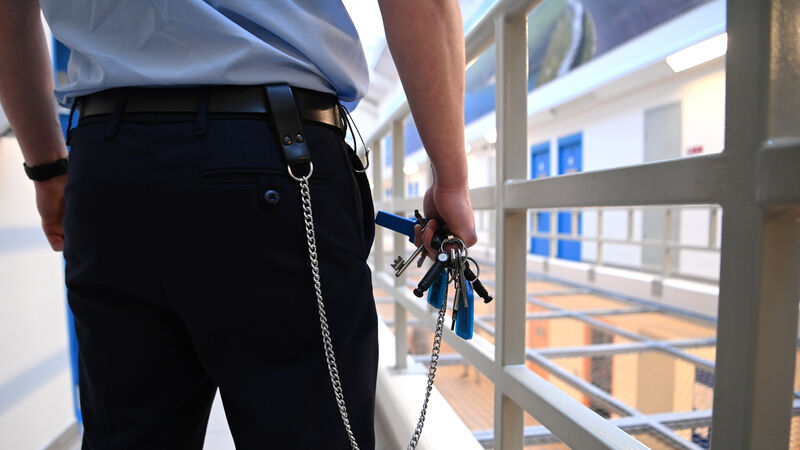Cork Prison officers didn't hear emergency alarm after volume turned down

Prison officers in Cork Prison failed to hear an emergency alarm and call button activated by a prisoner who died a short time later because the volume had been reduced to the minimum level possible. Picture: Dan Linehan
Prison officers in Cork Prison failed to hear an emergency alarm and call button activated by a prisoner who died a short time later because the volume had been reduced to the minimum level possible.
A report by the prison watchdog revealed the unnamed prisoner was found unresponsive in his cell on October 2, 2021 over 30 minutes after he had sought assistance from prison staff.













